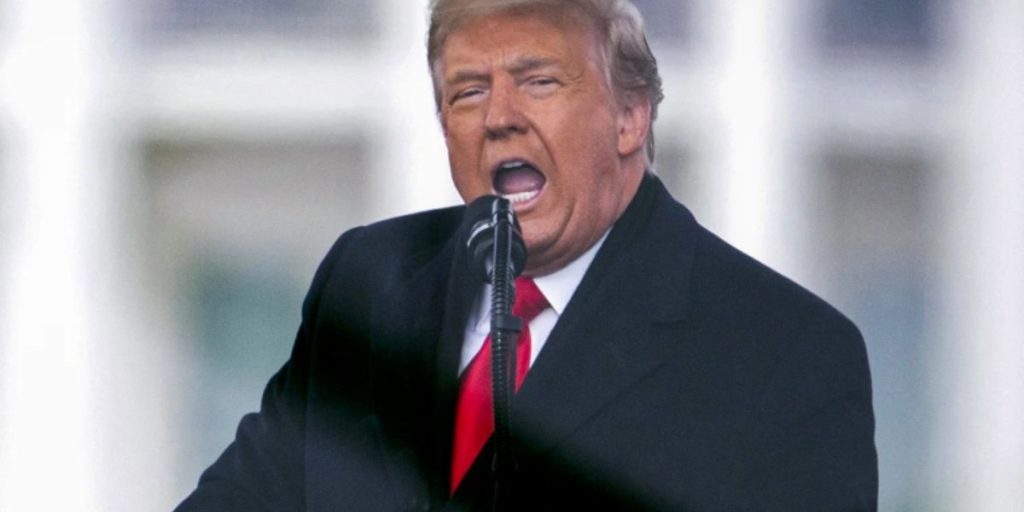The Supreme Court’s decision that states cannot remove Donald Trump from the ballot set major constraints on any effort, even by Congress, to prevent the former president from returning to office.
If Trump wins the presidential election and lawmakers seek to not certify the results and prevent him from entering office because he “engaged in insurrection” under Section 3 of the 14th Amendment, the decision may bar that move.
On that point, the court appeared divided, with the three liberal justices fiercely objecting to the apparent straitjacket imposed on Congress by the decision.
Justice Amy Coney Barrett, a conservative, filed her own opinion, stating that she believed the court had decided which questions it did not need to settle, but she did not join the liberal justices’ separate opinion.
Apparently, without the support of the four female justices, a five-justice majority ruled that Congress must act in particular ways to enforce Section 3.
“This gives the Supreme Court major power to second guess any congressional decision over enforcement of Section 3,” Rick Hasen, an election law expert at UCLA School of Law, wrote shortly after the ruling.
The Colorado Supreme Court determined Trump had violated the statute by challenging the 2020 presidential election results, culminating in the Jan. 6 attack on the Capitol.
In finding for Trump, the United States Supreme Court stated that anything Congress undertakes must be carefully targeted to satisfy Section 3, implying that sweeping legislation could be overturned.

“Today, the majority goes beyond the necessities of this case to limit how Section 3 can bar an oathbreaking insurrectionist from becoming president,” wrote the liberal justices Sonia Sotomayor, Elena Kagan, and Ketanji Brown Jackson in their separate opinions.
By addressing Congress’ role, “the majority attempts to insulate all alleged insurrectionists from future challenges to their holding federal office,” they added.
Legal experts focused on one passage in particular, with the liberal justices arguing that the majority appeared to be “ruling out enforcement under general federal statutes requiring the government to comply with the law.”
Several commentators speculated that this could be a reference to Congress’ role in certifying presidential election results if Trump wins in November, which is now overseen by the Electoral Count Reform Act, passed in 2022 with the goal of preventing another January 6.
The statute includes language stating that Congress may refuse to count electoral votes that are not “regularly given.” That might be read to include a winning candidate who members of Congress believe is ineligible to serve under Section 3.
Derek Muller, an election law expert at Notre Dame Law School, said it appeared that the majority wished to “close that door.”
Yet, he said, “The court is speaking somewhat opaquely here, as if it does not want to reveal the true substance of the disagreement.”
Jason Murray, who argued the Colorado case before the Supreme Court on behalf of voters who wanted Trump removed from the ballot, suspected the court was referring to the Electoral Count Reform Act.
“It seems to me that one thing that the liberals might be referring to is the possibility that Congress might on Jan. 6, 2025, refuse to count votes that were cast for former President Trump,” he went on to say.
Not everyone agreed with that interpretation, with Richard Pildes, a professor at New York University School of Law, claiming that the liberal justices may have been referring to the possibility of legal challenges to Trump’s authority as president if he were elected again.
If the court was discussing the counting of Electoral College ballots, “they could easily have mentioned that if that’s what they meant,” he stated.
According to Hasen, the verdict indicates that if Trump wins the election and Congress attempts to disqualify him, the Supreme Court will “have the final say.” Meanwhile, “we may well have a nasty, nasty post-election period,” he stated.